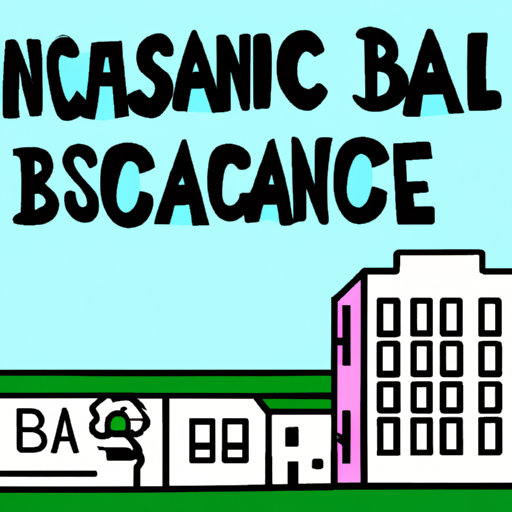Santa Clara County, California is pushing forward with a pilot program that provides guaranteed basic income to residents who have been incarcerated or otherwise involved with the justice system. The program, which aims to offer $1,200 per month for two years, could gain approval soon and become one of four such initiatives currently being tested in the county.
On Tuesday, the county Board of Supervisors reviewed the potential budget and planning process for the program. According to Ky Le, a deputy county executive, the initiative would cost an estimated $4 million. The supervisors have allocated $2 million from the county’s American Rescue Plan Act funds, complemented by an additional $1 million each from the state and non-profit organization Destination: Home.
Separately, the supervisors approved a pilot program dedicated to training formerly incarcerated individuals for employment in the food service industry. This training will take place in a cafeteria set up at the Civic Center.
Supporters of the guaranteed basic income program believe it would offer stability and reduce the likelihood of individuals returning to jail. “Investing $4 million in the Guaranteed Basic Income program allows the participants to choose how to handle the challenges they face,” said Supervisor Cindy Chavez.
The program aims to begin operations by January, pending outreach to relevant stakeholders including law enforcement, potential participants, and those who would have benefited from such an initiative.
Community advocates have voiced their support for the program, asserting the need for involvement from those best suited to guide its implementation. A survey about the program is expected to be completed by the end of August.
Santa Clara County currently has a similar initiative underway for former foster youth, with the second group of participants set to launch this month. Future programs targeting young mothers and unhoused high school seniors are also planned to start in 2024 and 2025, respectively.
The pilot cafeteria program at the Civic Center, run in partnership with non-profit organization Rebekah Children’s Services, will last for 18 months and aims to provide paid experience and training to justice-involved individuals seeking work in the food service industry.

